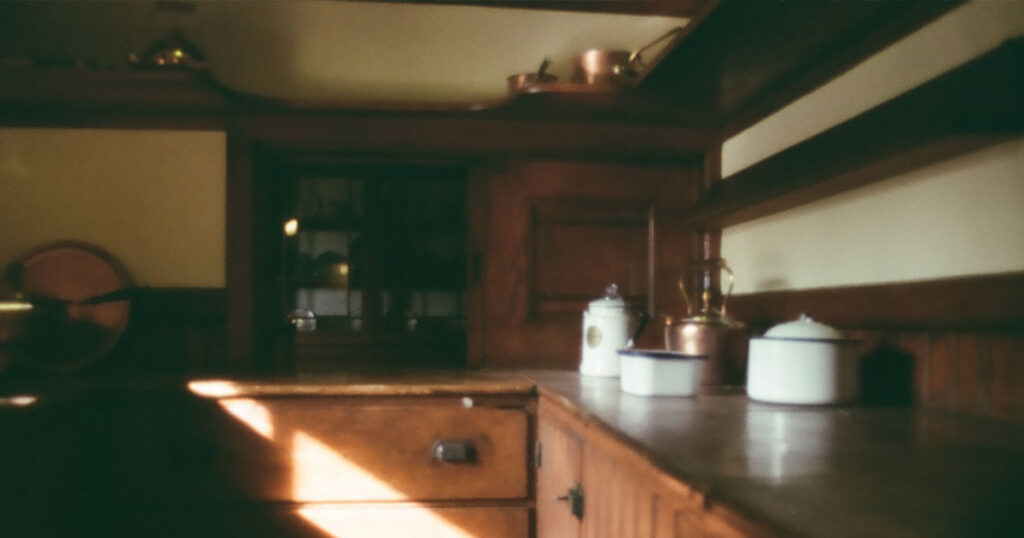
O for a beaker full of the warm South …
—John Keats, “Ode to a Nightingale,” 1819
On the Sunday in December 1941 when the Japanese bombed Pearl Harbor, a group of College Board officials happened to be having lunch together in Princeton … talking, as they often did, about how nice it would be to abolish the old College Board essay examinations and use the SAT for all applicants, not just scholarship students. In the middle of this the telephone rang with news of the raid. Within two weeks, the essay exams had been suspended for the duration of the war … and the SAT immediately became the admissions device for the most prestigious private colleges in the country, something that would previously have been an unthinkably radical step.
—Nicholas Lemann, The Big Test: The Secret History of the American Meritocracy, 1999
And there, with an aching void in his young heart, and all outside so cold, and bare, and strange, Paul sat as if he had taken life unfurnished, and the upholsterer were never coming.
—Charles Dickens, Dombey and Son, 1846–1848
Another year gone—
hat in my hand,
sandals on my feet.
—Bashō (1644–1694), tr. by Robert Hass
It’s a pity we don’t whistle at one another, like birds. Words are misleading. I am always trying to forget words. That is why I contemplate the lilies of the field, but in particular the glacier. If one looks at the glacier for long enough, words cease to have any meaning on God’s earth.
—Halldór Laxness, Under the Glacier, tr. by Magnus Magnusson, 1972
Spite of this frigid winter night in the boisterous Atlantic, spite of my wet feet and wetter jacket, there was yet, it then seemed to me, many a pleasant haven in store; and meads and glades so eternally vernal, that the grass shot up by the spring, untrodden, unwilted, remains at midsummer.
—Herman Melville, Moby-Dick, 1851
This meaningless non-festival of made-up exultation leaves me colder than a January puddle. It has no redeeming features. What is it even about? In one of my childhood home towns, poor old Portsmouth, it is the tradition to blow the hooters of all the ships in harbour (not very many nowadays) as the year turns.
I have never heard a more dismal, pessimistic note. It sounds like a great sea creature coming to the surface and dying, just over the horizon, a miserable thought.
—Peter Hitchens, “The turn of the year is no cause for optimism,” UnHerd, December 31, 2019
i mean it’s my house
and i want to fry pork chops
and bake sweet potatoes
and call them yams
’cause i run the kitchen
and i can stand the heat
i spent all winter in
carpet stores gathering
patches so i could make
a quilt
—Nikki Giovanni, “My House,” 1974
The winter of 1607–8 was one of the severest in recorded history. … In London, the Thames was frozen so solid that a Frost Fair was erected on it, a semipermament setup consisting of kiosks and wooden huts with taverns and even brothels. Henri IV of France awoke one morning to find his beard iced over; wine froze solid in its barrels, and deep snow covered parts of Spain. Europe was a frosted world.
—Philipp Blom, Nature’s Mutiny, 2019
When I can’t chase the stories through the nights, they escape and get lost …
—Franz Kafka, diary entry, January 4, 1915, tr. by Ross Benjamin
Nothing happened; the Chrysler stayed firm in the snow. …
There was the quality of the ten a.m. sunlight as it existed in the air ahead of the windshield, filtered by the thin overcast, blessing irresponsibility—you felt you could slice forever through such a cool pure element—and springing, by implying how high these hills had become, a widespreading pride: Pennsylvania, your state—as if you had made your life. And there was knowing that twice since midnight a person had trusted me enough to fall asleep beside me.
—John Updike, “The Happiest I’ve Been,” The New Yorker, January 3, 1959
The howtosayto itiswhatis hemustwhomust worder schall.
A darktongues, kunning.
—James Joyce, Finnegans Wake, 1939
Cross the river
with me. Even if this time the waters
don’t part before us. Even if this time God
doesn’t come to our aid and a flurry of arrows
riddles our backs. Even if there is no river.
—Luis Alberto de Cuenca, “Moisés,” tr. by Gustavo Pérez Firmat, 2022
Years ago, in the snows of New Hampshire at Christmas, I was in the company of a famous novelist. We were looking at an apple orchard … black apples on gaunt trees against white snow. Very Japanese, and something like a poem by Robert Lowell. I looked at the famous novelist, and the famous novelist looked at me. He said, “If you don’t want to use this in a novel, I want to use this in a novel.” According to my friends, and the reviewers, the world doesn’t really need another novel from me. So I gave the black apples and the white snow to the famous novelist. They slowed him down for years.
—John Leonard, Private Lives in the Imperial City, 1979
A newspaper is of necessity something of a monopoly, and its first duty is to shun the temptations of monopoly. Its primary office is the gathering of news. At the peril of its soul it must see that the supply is not tainted. Neither in what it gives, nor in what it does not give, nor in the mode of presentation must the unclouded face of truth suffer wrong. Comment is free, but facts are sacred.
—C. P. Scott, “A Hundred Years,” Manchester Guardian, May 5, 1921
Stand facing the stove.
—The Joy of Cooking, 1975 edition, ed. by Marion Rombauer Becker

